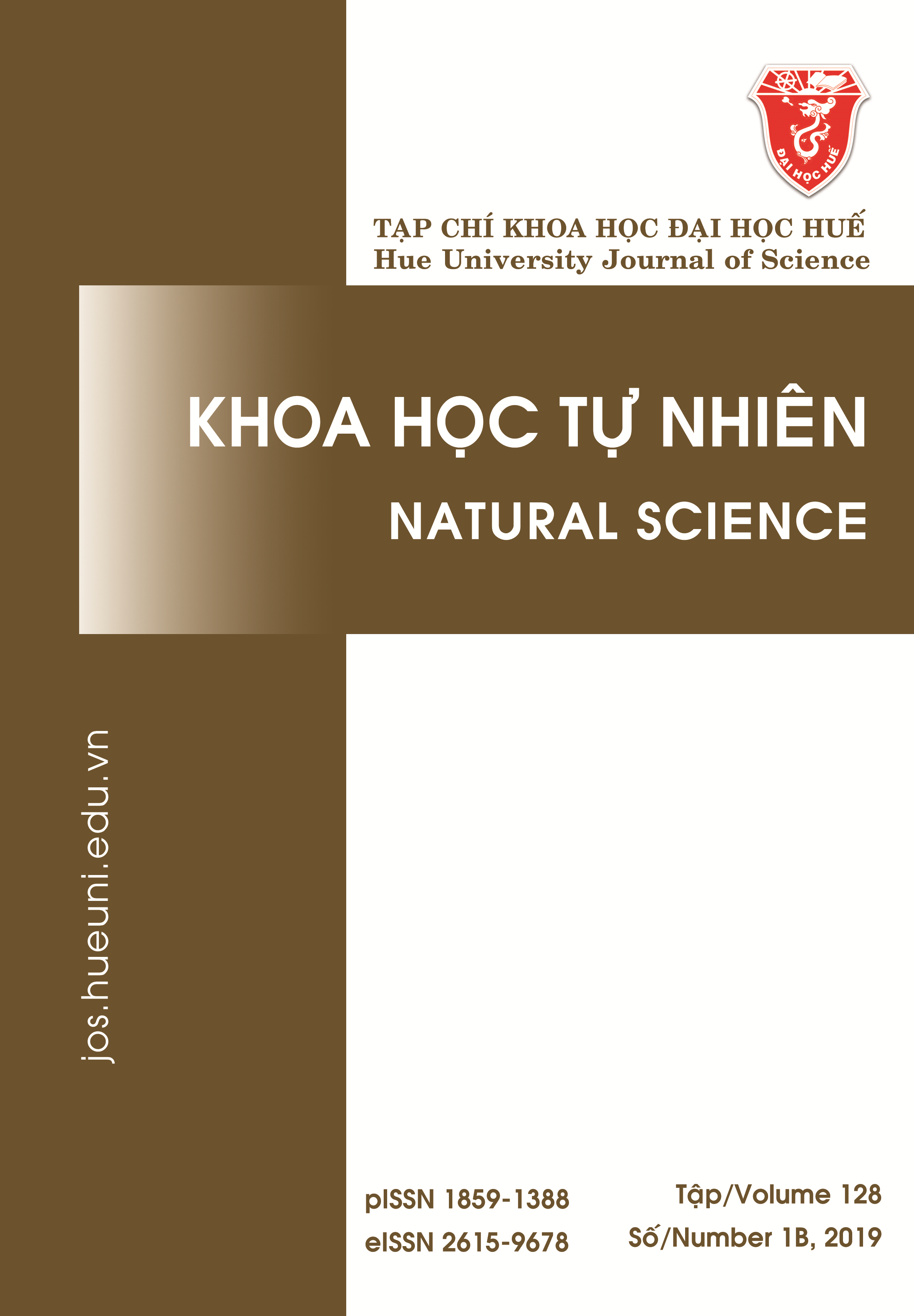Abstract
In this work, the program so-called “Multiple Precision Computation” (MPC) proposed by Smith in 2003 is introduced and embedded into conventional codes for considerably improving the precision of numerical calculations. The procedure is evaluated for improvement and validated by using the comparison between calculations incorporating MPC and those using regular double-precision declarations and results obtained with well-known software Mathematica, respectively. Several representatively fundamental problems are taken into account for illustration.
References
- Batishchev PA, Tolstikhin OI, Morishita T. Atomic Siegert states in an electric field: Transverse momentum distribution of the ionized electrons. Physical Review A. 2010 08 17;82(2).
- Brent RP. A Fortran Multiple-Precision Arithmetic Package. ACM Transactions on Mathematical Software. 1978 03 01;4(1):57-70.
- Smith DM. Algorithm 693: a FORTRAN package for floating-point multiple-precision arithmetic. ACM Transactions on Mathematical Software. 1991 06 01;17(2):273-283.
- Smith DM. Efficient multiple-precision evaluation of elementary functions. Mathematics of Computation. 1989;52:131-134.
- Smith DM. Algorithm 786: multiple-precision complex arithmetic and functions. ACM Transactions on Mathematical Software. 1998 Dec 01;24(4):359-367.
- Smith D. Using multiple-precision arithmetic. Computing in Science & Engineering. 2003 07;5(4):88-93.
- Smith DM. Algorithm 814: Fortran 90 software for floating-point multiple precision arithmetic, gamma and related functions. ACM Transactions on Mathematical Software. 2001 Dec 01;27(4):377-387.
- Smith DM. Algorithm 911. ACM Transactions on Mathematical Software. 2011 02 01;37(4):1-16.
- Smith DM. Multiple Precision Computation. https://dmsmith.lmu.build/ (accessed on 08/05/2019)
- https://www.wolfram.com/mathematica/compare-mathematica/ (accessed on 08/05/2019)
- Press WH, Teukolsky SA, Vetterling W.T, Flannery BP. Numerical Recipes in FORTRAN. Cambridge University Press, Cambridge; 1992.

This work is licensed under a Creative Commons Attribution-ShareAlike 4.0 International License.
Copyright (c) 2019 Array




